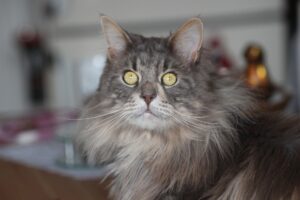On This Page
- Use A Cedar Oil Spray For Fleas On Your Cat
- Lavender Spray For Cat Fleas
- Chamomile Spray For Cat Fleas
- Oregano Oil For Fleas On Cats
- How to get rid of your pet’s fleas
- Geranium Oil For Fleas
- Rosemary For Fleas On Cats
- Aloe Vera Juice For Fleas On Cats
- Catnip For Fleas
- Neem Oil For Fleas On Cats
- Why you need to get rid of fleas quickly
Use A Cedar Oil Spray For Fleas On Your Cat
This all-natural insect repellent comes from a tree native to India, Sri Lanka and Burma. It’s often used to repel biting insects such as fleas and mosquitoes, but there’s little proof that it wards off ticks, according to petmd. Add a few drops to pet shampoo, dilute it with dishwashing liquid for a do-it-yourself flea spray or simply apply the oil directly to your dog’s coat. For a cat, you need to take extra precautions because some cats are more sensitive than others. If you see any adverse reactions like excessive salivation, stop using it.
Always check with your vet for potential allergens. Please do not use tea tree oil, cedar oil and citrus oil on cats. It could be potentially fatal. When using any chemicals, follow the instructions carefully. Make sure you wash your hands before and after eating and using chemicals, especially children. We hope this how to get rid of fleas article will help to control your flea infestation.
Unless you’re willing to mix your essential oils with a carrier oil (a vegetable oil used for dilution), don’t use them. Many people, blogs and companies advocate water-suspended essential oils as natural remedies for fleas. This practice is dangerous. Water can’t safely disperse essential oils because essential oils are not water-soluble. They need to be diluted with a solvent. Chemistry is chemistry and anyone who tells you otherwise is misinformed. It’s important to know there are some natural substances that dissolve essential oils. So for do-it-yourself flea and tick sprays … I suggest using a thin carrier oil like grape seed oil or fractionated coconut oil. Mix 3-6 drops of essential oil in 1 ounce of carrier oil.
Lavender Spray For Cat Fleas
When it comes to picking a flea treatment you have a ton of options. There’s prescription medications, igrs (insect growth regulators), sprays, foggers, collars and spot-on treatments. And while having all those options is good it does make the process of trying to choose the right one confusing, to say the least. I’m not here to tell you what treatment to use to get rid of fleas, but I am here to tell you that the vast majority of them don’t disrupt the flea life cycle completely. Is for example will kill adult fleas, eggs and larva, but they don’t affect the pupa stage. That pupa can hatch, and a few weeks after using an igr you may notice fleas starting to show up again.
Are you searching for a cheap and natural flea repellent for your dog or cat? if you want to keep fleas off of your pet and out of your home, but you aren’t keen on using chemical-based flea collars and sprays, vinegar is another option to consider. Vinegar is fragrance-free and environmentally friendly. It is natural and chemical-free, it is both pet and child safe, and it soothes your pet’s flea bites.
If fleas continue to be a problem in the home, a person can consider using a chemical treatment, such as an aerosol spray. Foggers, also known as bug bombs, are not effective in removing fleas. It is essential to ensure that humans and pets are out of the home during the application of the treatment and until the spray has dried. Local pest control operators may also offer flea control and removal services.
Chamomile Spray For Cat Fleas
Like many pests, fleas hate the smell and taste of vinegar, so they’ll do their best to avoid it. Use this information to your advantage by making a vinegar-based flea spray to use on your pet. To make your homemade flea spray, you’ll need white vinegar or apple cider vinegar. Either is fine, though some people feel their pet prefers the scent of apple cider vinegar. Just know that cats may not stand for any vinegar being sprayed or wiped on them.
If you’re able to see fleas, flea dirt, or flea eggs on your cat, start the treatment process by combing and bathing your cat to get rid of as many as you can (though it may be easier said than done). If you’re wondering how to get rid of fleas on cats that hate water, you’re not alone. This method can be very difficult if your cat doesn’t tolerate your attempts at bathtime, so don’t force it. A spray bottle can help you drown the fleas without all the fuss: just lightly spray your cat with water, then run a flea comb through the fur. Put any fleas into a solution of water and dish soap so they don’t later jump back onto your pet.
We don’t spray treat the bedding for safety reasons we always say you know for the bedding if you’re able to get rid of it. If it’s a bad problem then get rid of it, some people you know depending the size of the bedding gives it a real good wash on the hot temperature or steam washing cleaning that could certainly help. What we do upon our arrival is spray throughout your property, you have to be out of the property as well as any pets to be out, any cat flaps that you have to be safely locked if it is the automatic one the cat can’t get back in whilst we’re treating. We will spray throughout treat and then you’ll get a full digital report from us and we then leave from the time we finish it would be then for you not to re-enter for five hours after so then it’s safe to come back in.
Oregano Oil For Fleas On Cats
If you prefer to take the natural approach for cat fleas and how to get rid of them, carol Osborne, DVM, integrative veterinarian, of the chagrin falls veterinary centre and pet clinic in Ohio has a few flea treatments for cats. One is Avon skin so soft oil. “dilute 50/50 with water and put into a spritzer bottle to repel fleas, mosquitos, and other pests,” dr. Osborne says. Or try a catnip oil (always use a therapeutic grade oil) diluted with coconut oil. One drop of catnip per 100 of coconut oil is a good place to start. Lightly mist fur and “pet” it on the skin. Don’t worry, the catnip oil won’t make your cats go crazy. Dr.
You can get shampoos that contain natural flea repellents for cats online from quite a number of suppliers. Used in conjunction with the combing and bathing outlined above the shampoo will leave your pet smelling good to you but appallingly repellent to fleas!
the shampoos to look out for are those with low concentrations of cedar, lavender, eucalyptus or citrus oils included. These are natural flea repellents that can help keep your cat invisible to fleas. Now the more proactive of you should not just go buy some essential oils and started banging out mixtures of your own.
How to get rid of your pet’s fleas
You can get rid of fleas by taking steps to control them at every stage. First, you’ll want to think about treating your pets. But, fleas and their eggs may lurk in other parts of your home and yard, too. It helps to understand the flea life cycle. Adult fleas lay lots of eggs. These eggs may fall off your pet and end up all over the house. Those eggs will hatch into tiny larvae. They are so small it’s hard to see them.
In the past, pet owners thought that treating their pets for fleas was the way to get rid of the problem. Unfortunately for every adult flea spotted on a pet, another 100 lie in wait around the house. That’s because although adult fleas take up residence in your pet’s coat, their eggs, pupa, and larvae live predominantly in your pet’s indoor environment. A complete flea life cycle from egg to adult can take weeks to months, depending on the environmental conditions. Female fleas most often lay eggs on your pet’s coat, but these rapidly fall off and live undetected from one to 12 days until they hatch.
Flea sprays are a good option to getting rid of fleas on carpets, any fabric in your home, furniture, and even pets. Try using a strong spray that is made of natural ingredients to minimize the chemicals.
Geranium Oil For Fleas
You could make a natural flea collar from a cotton bandana or collar dosed up with essential oils that are known to have a repelling effect on fleas. A word of warning though, essential oils for fleas on cats have to be handled correctly. The main essential oils for cats fleas are cedar, lavender, geranium, eucalyptus and citrus-based oils. Of course, as we highlighted, some of these oils are dangerous to cats if ingested in sufficient doses – but we are not recommending you douse your cat in these essential oils.
As with oregano oil, too much geranium oil can be highly toxic to your cat. However, geranium oil is a natural flea killer and soon gets them on the run. Some people recommend adding four drops of geranium oil to a cup of water to make a spray that can effectively repel fleas. As with oregano, diluting and adding to a homemade flea collar is an option with the added benefit that geranium oil makes a great tick repellant. Alternatively, if you are able to get your cat bathed you can add a couple of drops of the oil to the water as you go for a final rinse. This is often enough to act as a repellent for a few days.
Rosemary For Fleas On Cats
Along with rosemary and cedarwood, catnip is harmless to cats but actually a very good flea repellent! what makes this particularly pleasing is unlike many items on the list a high proportion of cats actually love this stuff. If your cat loves this stuff you will probably have noticed the euphoria the catnip brings out in your kitty. If your cat is in unaffected it just doesn’t notice anything. You can use catnip in a number of ways with regards to repelling fleas.
Cats can only tolerate neem oil. Neem oil is effective in repelling ticks and fleas from the body of cats. Include a small quantity of this oil into the shampoo of your cat. You can also add a small quantity of this oil to the collar of your cat; as it can help in repelling fleas. Rosemary and geranium can also be used to repel fleas and ticks on your cat, provided you dilute them. Mix four drops of geranium and rosemary oil to a cup of water and spray on the fur of your cat while avoiding its face.
Aloe Vera Juice For Fleas On Cats
Aloe vera juice is well known to be a natural anti astringent and antiseptic for humans but it is also a great natural flea repellent for cats. Mixing the juice with some cayenne pepper makes a fantastic all-natural flea repellent that is non-toxic to cats. The juice by itself or with the pepper can be spritzed or combed onto the fur to act as a repellent. You can add the juice to a bath to rinse your cat in providing a nourishing balm with repellent qualities to the cat’s coat. If your cat already has bites the aloe vera juice will calm itching and defend open skin wounds from infection.
Aloe vera juice is a fast and natural flea repellent from cats. The most effective use of aloe vera juice is to mix it with cayenne pepper, adding it into a spray bottle and applied to the cat’s coat. You can also use aloe vera with a relevant essential oil. In one cup of aloe vera juice, add one drop of applicable essential oil and applying the solution topically. The cooling effect of aloe vera helps to soothe hot spots and alleviate itching.
Catnip For Fleas
You can grow catnip in your yard where it will repel fleas from your yard as they just hate the smell of the stuff (the odour is just a nice minty aroma). Secondly, you can grab and cut up catnip leaves and rub them/deposit them over your cat’s bedding to repel fleas and get them to move on. Thirdly you can brush your cat down with the stuff and this will act as a repellent to the fleas.
Keep pots of lemon balm, sage, rosemary, catnip, lemongrass, basil and mint outside. Place some by your main doors and throughout your yard. These plants help repel fleas through the natural oils that they secrete. They’ll deter fleas from entering the house.
The fourth option is to get some catnip oil and add it to a homemade flea collar as a deterrent. You can also put some oil on scratch posts to deter fleas and get some oil on your cat in an unobtrusive manner. If you decide to grow catnip in your yard so you have a handy supply, just remember you might end up attracting local cats into your yard and kicking off a turf war….
Neem Oil For Fleas On Cats
“neem oil is not listed as a toxic plant product for cats or dogs as per the ASPCA poison control centre or pet poison helpline, yet I always recommend cautious use with all dogs and cats under the guidelines of the pet’s primary veterinarian,” dr. Patrick Mahaney, veterinarian and owner of Los Angeles-based California pet acupuncture and wellness, told petmd.
Cedar oil is one of the essential oils that are actually non-toxic to cats but despised by fleas. Fleas don’t like the smell – trouble is kitty might be none too fond of the aroma either. However, if your cat doesn’t seem put out by the odour then there are a number of cedar options available. You could spray the cedar oil directly on your cat’s fur. It should act as a repellent to fleas. Alternatively, you could comb the oil into the fur when you are generally flea combing. A third method of utilizing cedar oil which we have touched on would be to put the cedar oil on a cotton collar as a homemade natural flea collar.
Why you need to get rid of fleas quickly
Once you vacuum the house and wash the bedding, give your dog a bath. Bathing your pet regularly will also help rid your home of fleas. Any soap will kill them, so you don’t have to use a flea bath. But make sure that the soap you use is safe for a cat or dog. Some people like to finish the bath with a nice-smelling essential oil that may also help keep fleas away.
Nematodes are microscopic, worm-like parasites. There are many different kinds and some can be beneficial because they feed on pests, such as fleas. You can buy nematodes at garden stores. Just mix them with water and spray them around your yard, reports sf gate. Nematodes need moisture on a regular basis, so you should water your lawn every couple of days to make sure the beneficial parasites survive. Will they work? it may depend on the soil in your yard. According to the University of Florida extension, not enough studies have been conducted on nematode effectiveness as a method of flea control when applied to lawns. In addition, soil composition seems to affect how well they work.
Flea collars were once the most popular way of getting rid of cat fleas. They emit a gas that kills or repels the parasites. Traditional flea collars may only kill fleas around the collar area. However, a modern type of cat flea collar releases a substance that dissolves in the fatty layers of your cat’s skin and kills the fleas elsewhere your cat’s body. You usually require a prescription from the vet for this second type of collar.
Fleas are irritating—not only for pets but also for people. If you have fleas in the house, you can usually expect some itching, as well as unwelcome red bumps on the skin. But since pests carry disease, the problem can be more than merely annoying. To get rid of fleas in the house, address the issue from a number of angles by cleaning your pets, your pets’ bedding, and the most flea-vulnerable surfaces around your home. Follow the steps outlined below in order to be successful.
Once you’ve verified the presence of fleas on your cat, you’ll want to get rid of the pesky hitchhikers as fast as possible. Because not all flea products treat every life stage, you may need to use multiple steps to properly get fleas treated and out of your home and off your pets.
Now your curious mind wants to know how to get rid of fleas on cats fast?
well, here are the easy ways to get rid of fleas on cats, which you may not know about natural home remedies to get rid of fleas on cats. However, before using, don’t forget to talk with your vet about what and how you’re applying.
The post Natural Oil Repellents To Rid Fleas appeared first on Catnip Utopia.
The post Natural Oil Repellents To Rid Fleas appeared first on GQ Central.
The post Natural Oil Repellents To Rid Fleas appeared first on Local SEO Resources.






 Core Update Continues to Roll Out
Core Update Continues to Roll Out




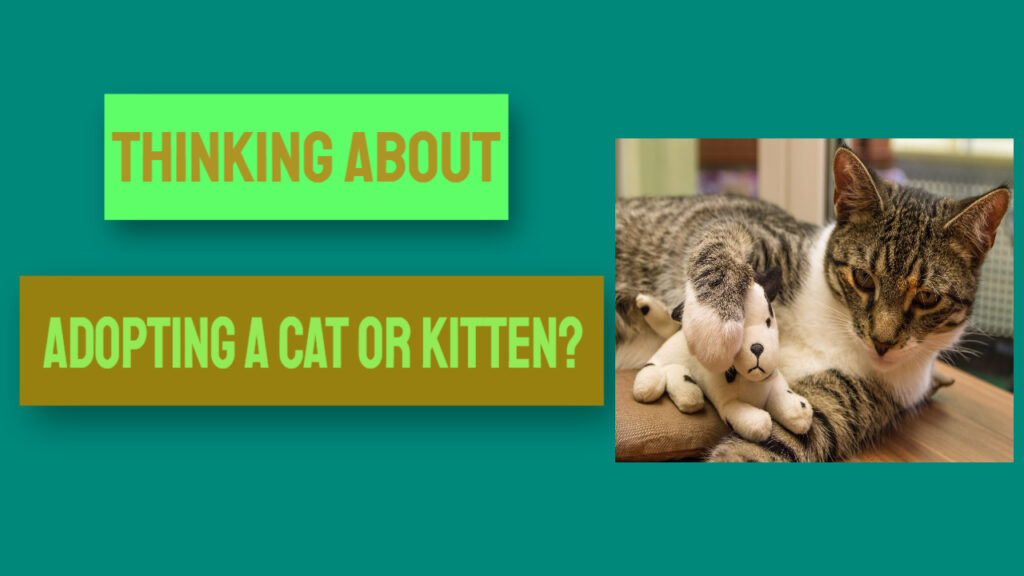
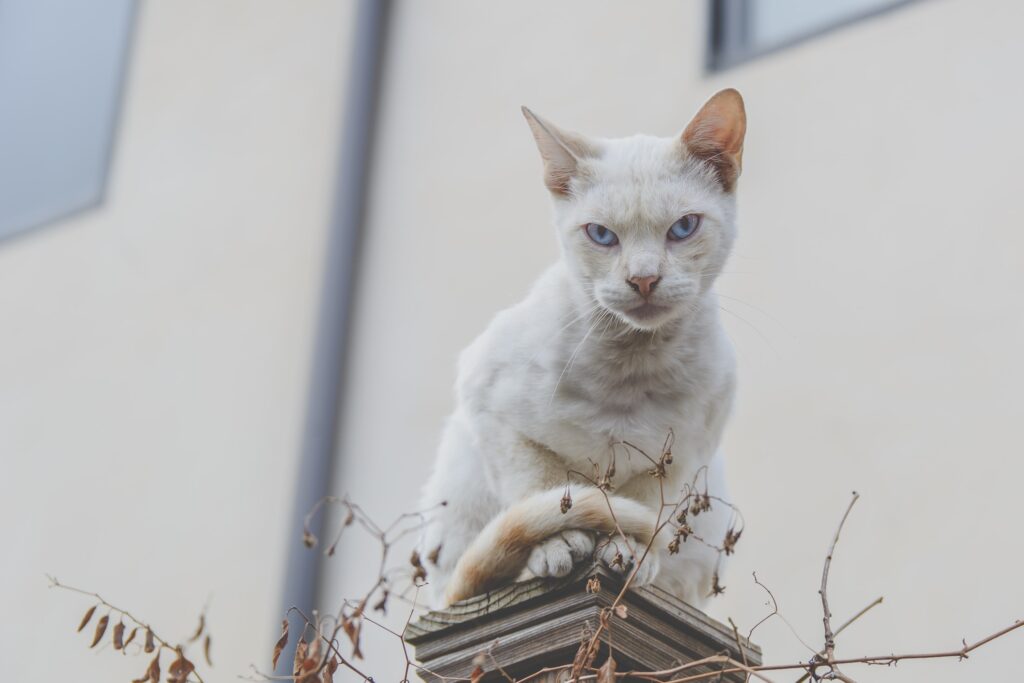









 Core Web Vitals & Page Experience FAQs
Core Web Vitals & Page Experience FAQs






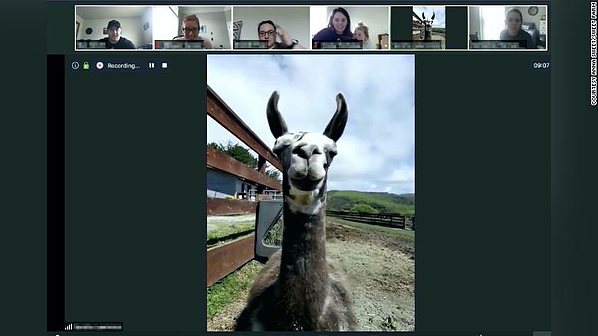

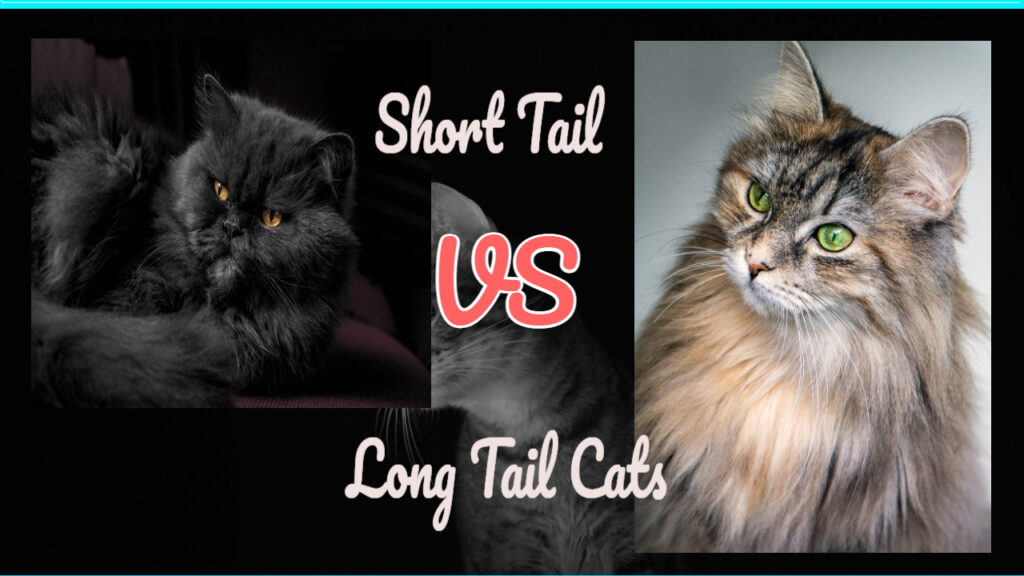

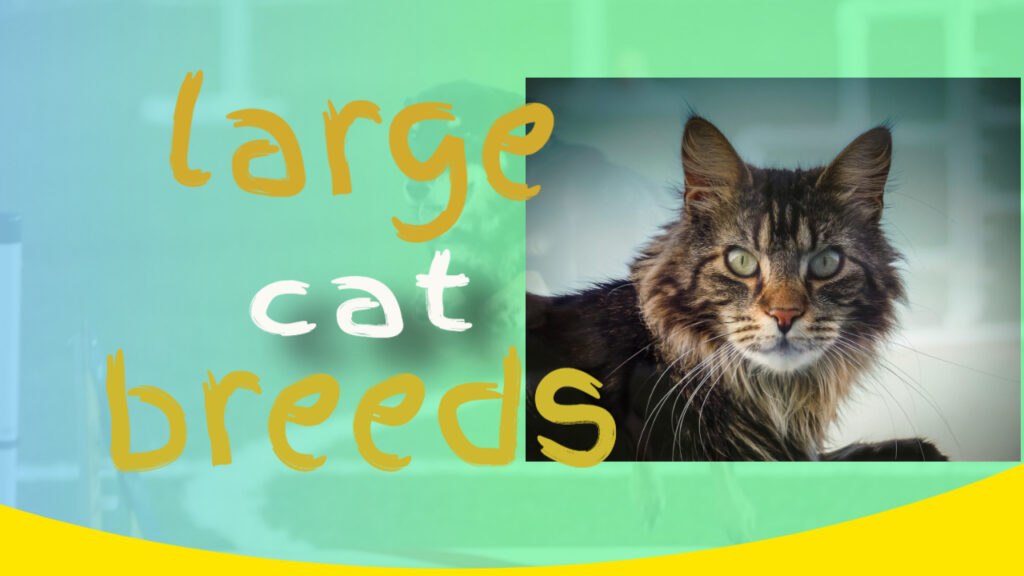

 although they are friendly and fond of families, their sense of independence is still very strong and they don’t require much petting!.
although they are friendly and fond of families, their sense of independence is still very strong and they don’t require much petting!.